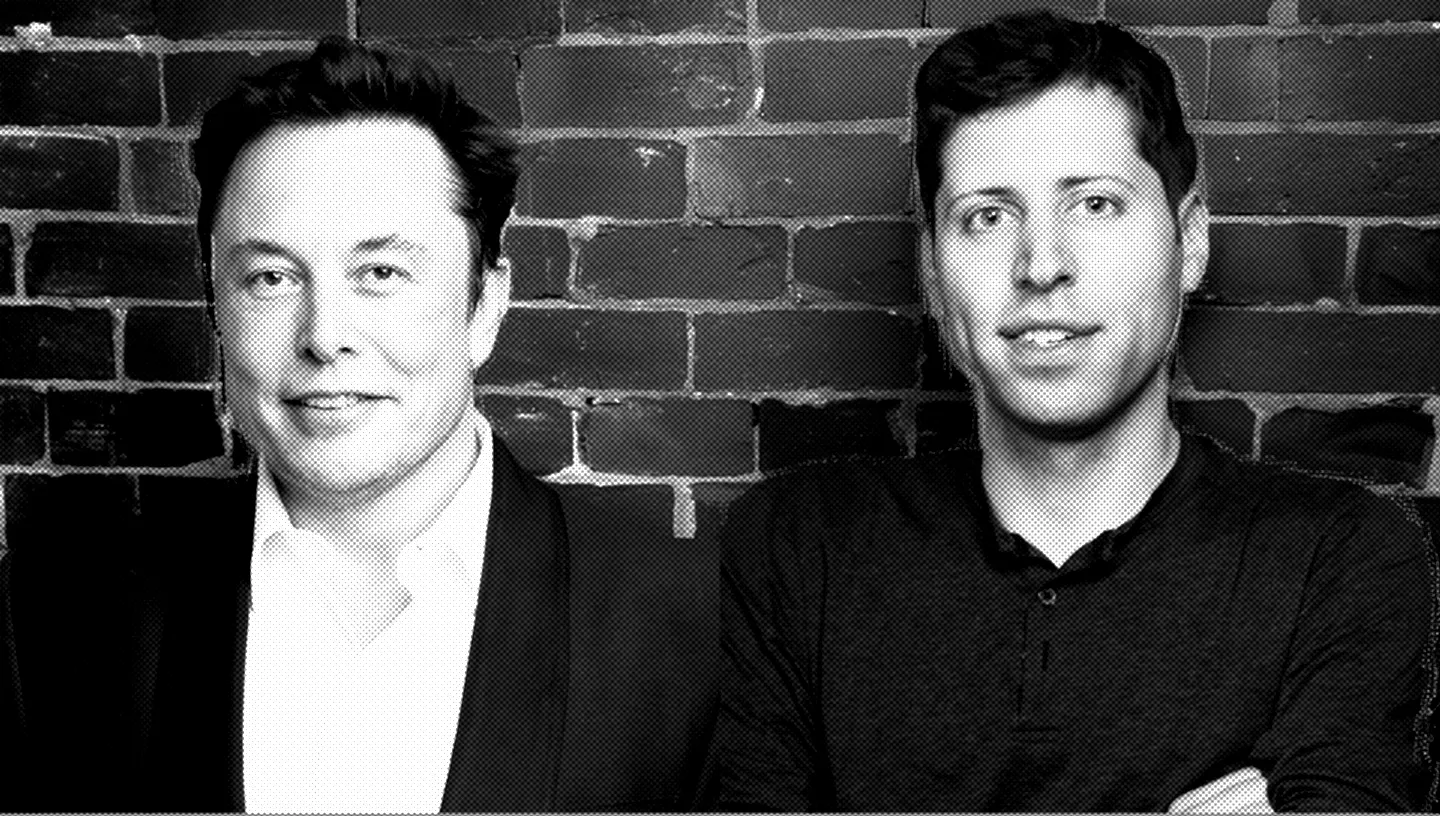A U.S. judge on Tuesday shot down Elon Musk's attempt to secure an injunction to halt OpenAI's transition from nonprofit to for-profit status, but agreed to an expedited trial later this year, marking the latest chapter in the bitter feud between the Tesla and SpaceX CEO and the AI company he once helped create.
U.S. District Judge Yvonne Gonzalez Rogers ruled that Musk didn’t provide enough evidence to block the conversion of OpenAI, which Musk co-founded in 2015 as a nonprofit before departing a few years later.
“On balance, the court finds the emails are insufficient for purposes of the high burden required for a preliminary injunction, and the question of likelihood of success on the merits to be a toss-up,” the judge wrote.
Despite denying the immediate injunction, Judge Gonzalez Rogers acknowledged the public stakes involved. She fast-tracked the case toward a trial as soon as this fall.
“Given the public interest at stake and potential for harm if a conversion contrary to law occurred, the court is prepared to expedite trial to the fall of 2025 solely on that claim and potentially the interrelated contract-based claims,” she wrote.
The ruling hands an early victory to OpenAI CEO Sam Altman, but keeps Musk's broader lawsuit alive, setting the stage for a high-profile courtroom showdown between the tech titans later this year.
Musk claims that OpenAI abandoned its original mission, and is basing his lawsuit on that premise. He insists the company was founded to develop artificial intelligence for humanity's benefit, not to maximize profits for a few. OpenAI and Altman have consistently denied these allegations, saying this is just a tactic to prevent competition now that Musk has formed his own rival AI startup.
"We welcome the court's decision," an OpenAI spokesperson told Business Insider. "This has always been about competition. Elon's own emails show that he wanted to merge a for-profit OpenAI into Tesla. That would have been great for his personal benefit, but not for our mission or U.S. interests."
OpenAI didn't immediately reply to a request for comment by Decrypt.
Musk's legal team painted the ruling in a more positive light, focusing on the upcoming trial rather than the denied injunction. The team confirmed to Venture Beat that they expect to accept the court’s offer to expedite the trial.
“We look forward to a jury confirming that Altman accepted Musk’s charitable contributions knowing full well they had to be used for the public’s benefit rather than his own enrichment,” Marc Toberoff, Elon Musk’s lawyer, said in a statement shared with media outlets.
The stakes couldn't be higher for both sides. For OpenAI, the for-profit transition represents a crucial step toward raising the massive capital needed to compete in the increasingly expensive AI arms race. For Musk, who now runs rival AI startup xAI, the case represents a chance to prevent what he views as a dangerous departure from OpenAI's founding principles and a key threat to xAI’s business model.
The legal drama intensified in recent weeks when Altman rejected a massive $97.4 billion takeover bid from a Musk-led group with a simple "no thank you." Altman, who maintains OpenAI isn't for sale, has suggested Musk is trying to slow down a competitor rather than protect the public good.
no thank you but we will buy twitter for $9.74 billion if you want
— Sam Altman (@sama) February 10, 2025
Meanwhile, Japanese investment giant SoftBank is reportedly in talks to lead a funding round of up to $40 billion in OpenAI, potentially valuing the ChatGPT maker at $300 billion. That would dwarf the $75 billion valuation Musk's xAI has reportedly discussed in its own recent fundraising efforts.
The case has spotlighted the tension between AI development costs and public benefit missions. OpenAI began as a nonprofit in 2015, later adding a "capped-profit" structure in 2019 to attract investment while maintaining its nonprofit mission. The current push to remove profit caps has triggered not just Musk's lawsuit, but also broader questions about AI governance and corporate responsibility.
Edited by Andrew Hayward

